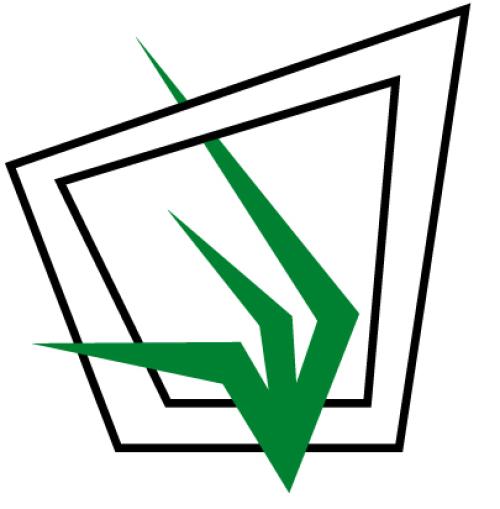Mutualism between plants and animals demonstrates that grazing has positive impacts on plant growth. Animal saliva plays an important role in plant–herbivore interactions, and various salivary components work for the beneficial relationship. This study was performed to compare responses of Leymus chinensis (Trin.) Tzvelev. (Poaceae) to sheep saliva and two salivary components. One randomized block designed experiment was conducted in 2007 with six treatments: control, clipping with water, with saliva, with epidermal growth factor (EGF), with thiamine and with mixture of EGF and thiamine. There were significant differences between treatments on biomass, buds and tillers of L. chinensis. Compared with control plants, there was no compensatory response in clipped plants due to the limited number of available meristems in late-growing season. Plants in clipping with saliva had more biomass and buds than those in clipping with water or salivary components. Clipping with salivary components had no stimulatory effects on plant growth, relative to clipping with water. The results showed that herbivore saliva had greater impacts than salivary components, and there was no additive effect between salivary components on plant growth. This study demonstrated the complexity in saliva components, which offer saliva with the capacity to play an important role in plant–herbivore interactions.

Journal articles from the Grassland Society of Southern Africa (GSSA) African Journal of Range and Forage Science as well as related articles and reports from throughout the southern African region.